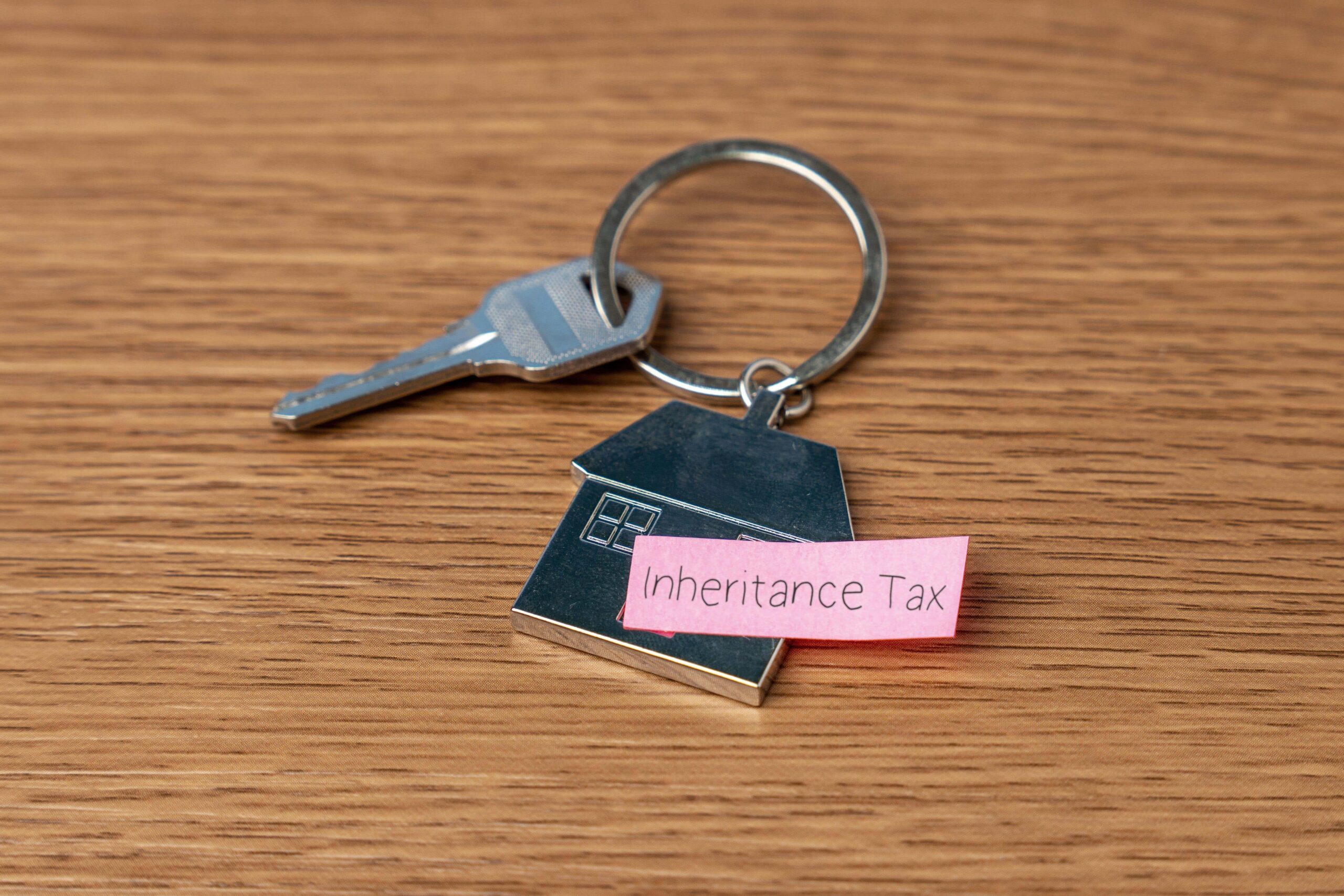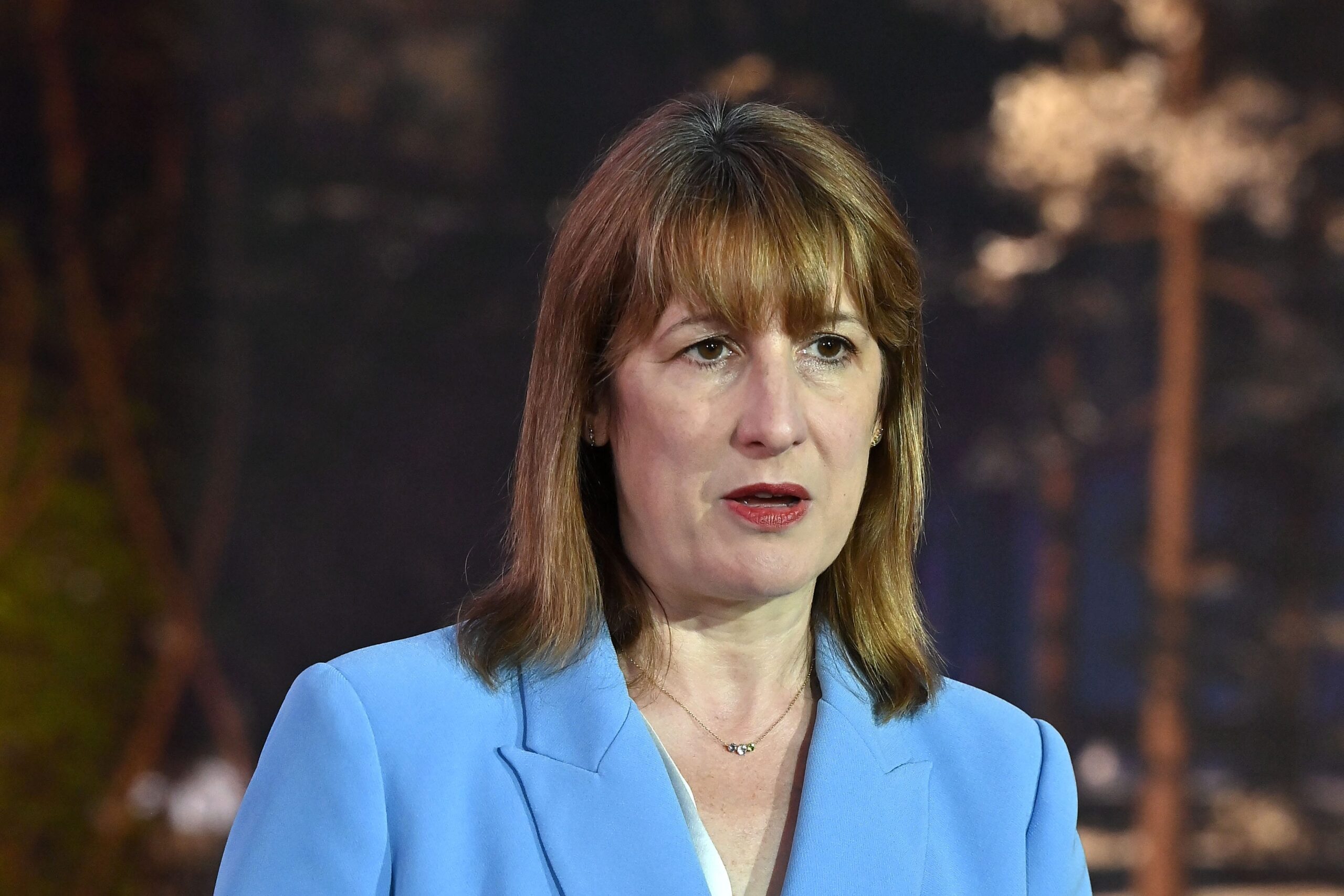Inheritance tax is an issue many people don’t often have to grapple with until a death in the family.
Yet grasping the basics of inheritance tax can be financially savvy, particularly with some changes potentially introduced in the Autumn budget.
Reme Holland, a financial planning partner at accountancy firm Albert Goodman, notes the subject is consistently under scrutiny.
“Inheritance tax is one of those areas that is always under the spotlight, and it seems to be a popular point of discussion at the moment,” she explains.
While awaiting the October/November budget announcements, Ms Holland advises caution.
“We’ll see what happens in October, November time, but I would always say, don’t make any rash decisions. Seek advice first before you do anything.”
Ms Holland explains inheritance tax, who may be exempt from paying inheritance tax, what you may have to pay tax on, and what changes Chancellor Rachel Reeves could make to the tax.
How does inheritance tax currently work?

“Every individual has a nil rate band of £325,000, which means you can have assets worth up to £325,000 and not be liable for any inheritance tax (IHT),” explains Holland.
It’s only on assets that exceed this that you have to pay inheritance tax, which, as standard, is 40 per cent over the threshold.
Are there any exemptions?

Yes, particularly if you’re married or in a civil partnership. “A spousal exemption means that a husband and wife [for instance] could leave everything to each other, and no inheritance tax would be due,” says Holland.
“It would only be due on the second death, at which point both those allowances [of £325,000] could be combined.”
Other exemptions include “business property relief and agricultural property relief if you’re in farms and estates” and for those leaving their estate to a charity or a community amateur sports club.
“There is another exemption called the main residence nil rate band, which is a further £175,000 each for married couples,” adds Holland. “One of the conditions for having that extra allowance is the property has to be left to direct linear descendants, so children and grandchildren.”
What about gifts?

Gifting is where things get more complicated. “In most circumstances, there is no inheritance tax due on the value of gifts given seven or more years before you die.
However, if you die within seven years of gifting money or another asset from your estate, then your loved ones may have to pay inheritance on the value of those gifts,” explains Claire Exley, head of financial advice and guidance at Nutmeg.
“How much, will depend on when you gifted the asset and its value.”
This is the inheritance tax relief taper. “If you die within three years of gifting money or assets, the IHT rate will be 40 per cent, this rate decreases each year, eventually reaching 0 per cent if you survive for seven years,” says Exley.
There are rules about how much you can gift too – around £3,000 in a single tax year, with as many smaller gifts, up to £250 per person, also allowed. Birthday and Christmas presents are exempt.
Also, you can’t request gifts back. “If you are making a gift, you need to give it absolutely and not retain any benefit,” says Holland.
What two potential changes are being proposed?

“One of the things the government has mooted over the summer is putting a cap on how much can be gifted, and that cap could be somewhere between £100,000 and £200,000,” says Holland.
The second change the Government has talked about is removing the taper. “So if you died at any point during those seven years, the full 40 per cent IHT would be chargeable on the value of that gift,” notes Holland.
What could this mean for individuals?
“In the grand scheme of things, these two changes to the value of lifetime gifts would affect those on the high end of wealth. The everyday person wouldn’t be impacted by a lifetime cap on gifts,” reassures Holland.
“However, if you couple these with some of the changes that are possibly coming into effect over the next two years, such as the treatment of pensions, and also, if you’re a business owner, it then might start to have an impact on more people.”
What can you do to prepare?

Holland recommends looking at your finances and speaking to an independent advisor so you’re informed about your options and can decide “whether there’s any scope to use surplus assets to make gifts” earlier.
“If there is going to be an inheritance tax, and you want to retain a family home, you could look at an insurance policy to pay the cost,” he adds. “You might want to ask your children, if they’re beneficiaries, to pay the cost of the insurance rather than yourself.”
He also suggests reviewing your will to make sure it “accurately reflects your assets”.
Exley says you can consider making regular payments to loved ones too. “There is no limit to the value of regular payments you can make to another person, for example if you’re helping with their living costs,” she notes.
“These are known as ‘normal expenditure out of income’, but it could include things like paying rent or a mortgage for your child, contributing to a savings account or Junior ISA for a child under 18 or providing financial support to an older relative, perhaps to help with care costs.”
Don’t forget to live your life
“The most important thing is looking after yourself, making sure you’ve got enough money and assets to do all of those things you wanted to do.
“I appreciate wanting to help family, but don’t compromise on your own retirement because you’re trying to beat a tax – life’s for living,” says Holland. “Enjoy your money. You’ve worked really hard for it.”
